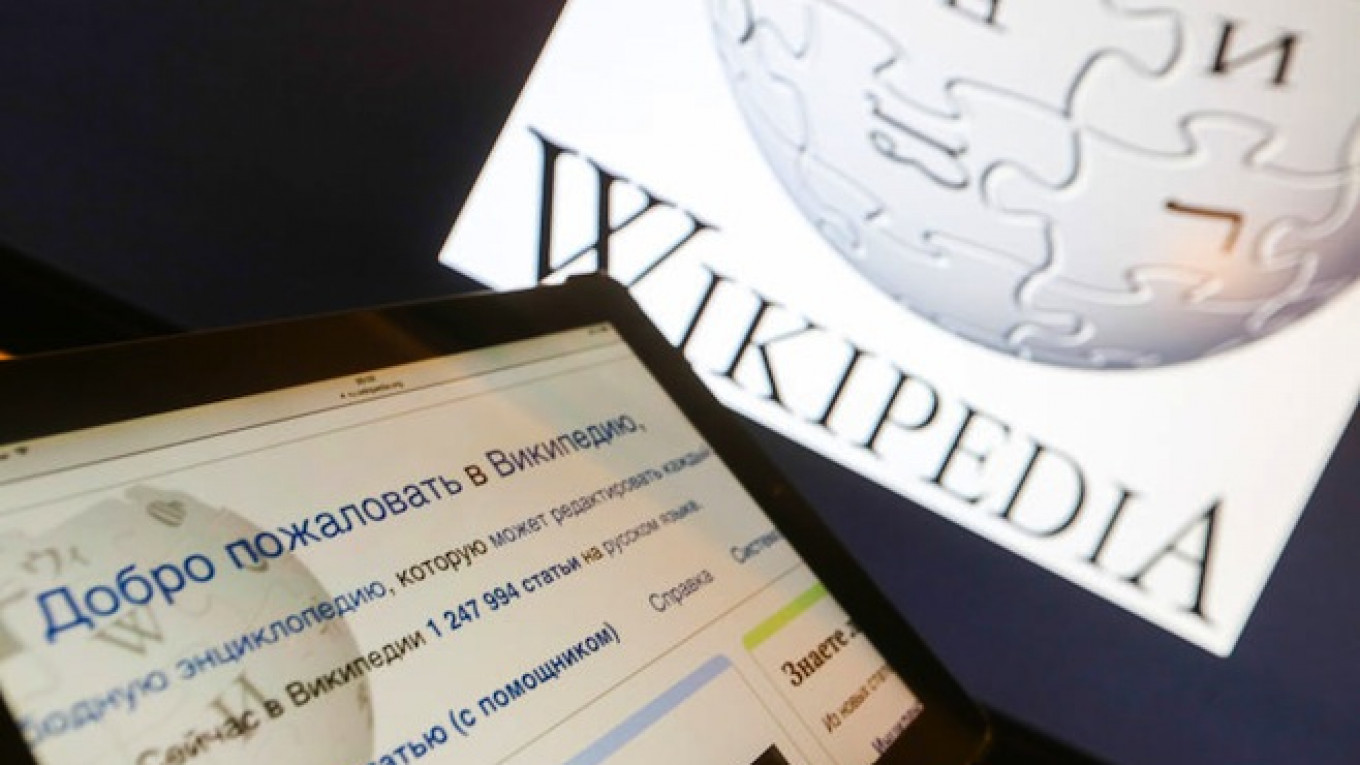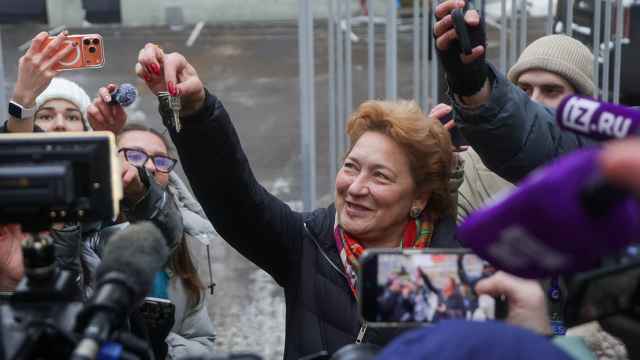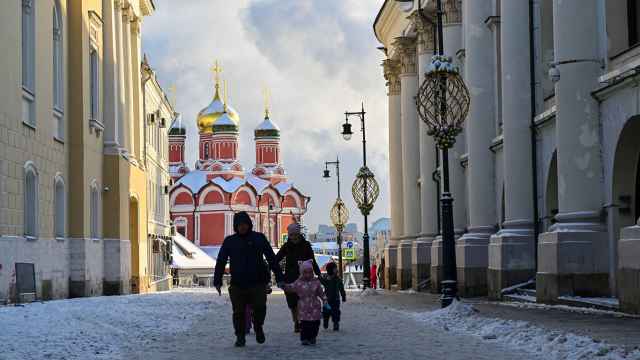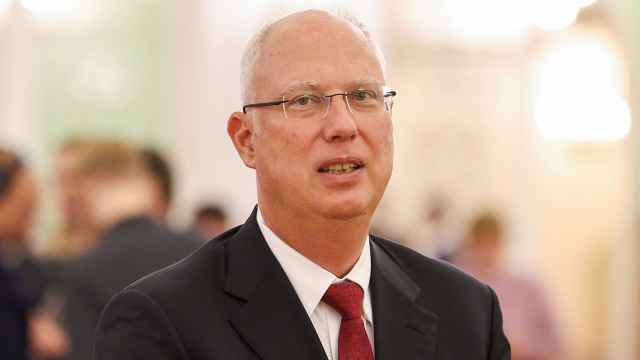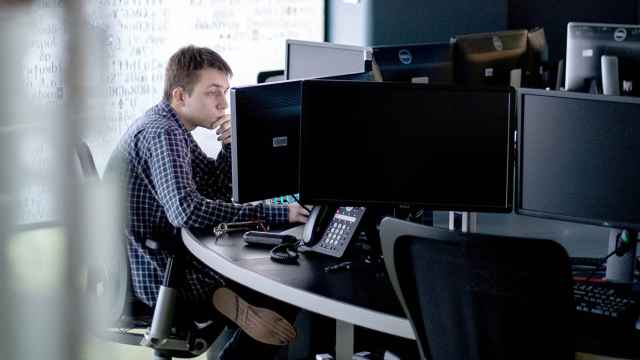Russian Wikipedia on Friday said it had indefinitely suspended an editor who organized a meeting with Russian authorities to agree to closer cooperation on “socially sensitive” entries.
A representative of media watchdog Roskomnadzor said earlier on Friday that four Wikipedia editors had met with representatives of the Russian Federal Drug Control Service, consumer rights watchdog Rospotrebnadzor and Roskomnadzor to formalize channels of communication between the website and state bodies.
The meeting was an apparent attempt to safeguard the online dictionary, which has faced governmental pressure to edit or remove articles and was briefly banned in Russia in August.
The proposed contact with authorities would “provide understanding to [Wikipedia's] editorial collective when writing articles … based on the expert opinion of authorized government bodies,” Roskomnadzor spokesman Vadim Ampelonsky told the RIA Novosti news agency. At issue were articles on “socially sensitive” topics such as drugs and child pornography, according to RIA.
But Russian Wikipedia said via its official Twitter blog that it did not support the move, adding that the organizer of the meeting, identified as Samal, had been “indefinitely blocked” from the website.
The entire Russian version of Wikipedia was fleetingly blocked in August over a page relating to drug use which the website had refused to change or delete. A local court in southern Russia ordered that a Wikipedia page about charas, an Indian form of hashish, be removed as it contained harmful information.
The ban was quickly lifted, but it sent ripples through a Russian online community increasingly concerned over controls of freedom of information on the global Internet, which President Vladimir Putin last year called a “CIA project.”
In October the Freedom House political rights monitoring organization rated Russian internet freedom as "not free," down from "partly free" the previous year. The U.S. government-funded advocacy group cited a law allowing the government to blacklist websites deemed to contain extremist content or calls for unauthorized rallies, as well as violence against online journalists and legislation requiring popular bloggers to register with the government as media outlets.
A Message from The Moscow Times:
Dear readers,
We are facing unprecedented challenges. Russia's Prosecutor General's Office has designated The Moscow Times as an "undesirable" organization, criminalizing our work and putting our staff at risk of prosecution. This follows our earlier unjust labeling as a "foreign agent."
These actions are direct attempts to silence independent journalism in Russia. The authorities claim our work "discredits the decisions of the Russian leadership." We see things differently: we strive to provide accurate, unbiased reporting on Russia.
We, the journalists of The Moscow Times, refuse to be silenced. But to continue our work, we need your help.
Your support, no matter how small, makes a world of difference. If you can, please support us monthly starting from just $2. It's quick to set up, and every contribution makes a significant impact.
By supporting The Moscow Times, you're defending open, independent journalism in the face of repression. Thank you for standing with us.
Remind me later.


